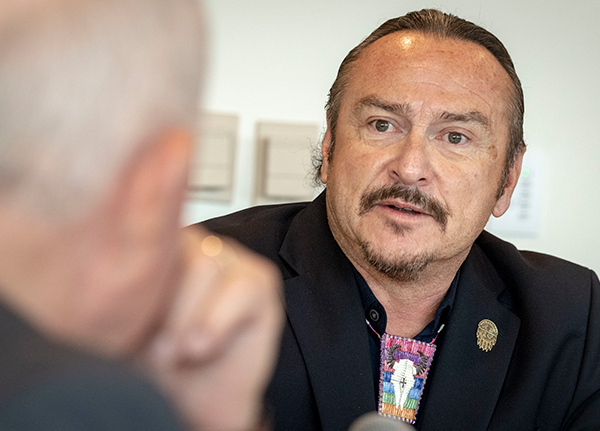
Chapter 1
Overview


Introduction
People explore self-employment for many reasons. Self-employment can offer a flexible schedule. It can create opportunities for work when there aren’t many options for paid employment. It can allow for more creativity or continuing a family tradition. Whatever the reason, many people with and without disabilities dream of owning a business.
This toolkit is designed to help you decide if self-employment is a good option for you, and can help you work through the first stages of business planning. Although it was written to help you and your Tribal Vocational Rehabilitation (TVR) counselor work through the self-employment process together, the toolkit can be used by anyone thinking about starting a business.
The toolkit is divided into eight chapters. The first seven chapters provide information about starting a small business. The final chapter covers self-employment through subsistence activities.
To get started, continue reading this section and then click on the tabs within each chapter to learn more.
Website Housekeeping
- Website Navigation: Click on the Website Navigation heading at the very top of the page if you are unsure how to navigate this site
- Materials: Click on the Materials heading at the top of the page to download print-only versions of each chapter, chapter worksheets, and examples.
- Resources: Click on the Resources heading at the top of the page to find business development resources you might use for advice, training, grants, or loans.
- Glossary: Download a Glossary (PDF) of business planning terms to use as a reference if there are business terms you are not familiar with in this toolkit.
Chapter Overviews

Chapter 1: Self-Employment Overview
The Introduction to Self-Employment chapter goes over some basic information about self-employment. It also describes how the process may work in Tribal Vocational Rehabilitation.
Chapter 2: Self-Employment Readiness
The Self-Employment Readiness chapter asks you to think about your reasons for becoming self-employed. You will think about how self-employment fits with your values, traits, and skills.


Chapter 3: Business Feasibility
The Business Feasibility chapter focuses on your business idea and how to figure out if the business has a good chance of success.
Chapter 4: Introducing the Business Plan
The Introducing the Business Plan chapter describes the parts of a business plan and talks about why it’s important to plan out business details ahead of time.

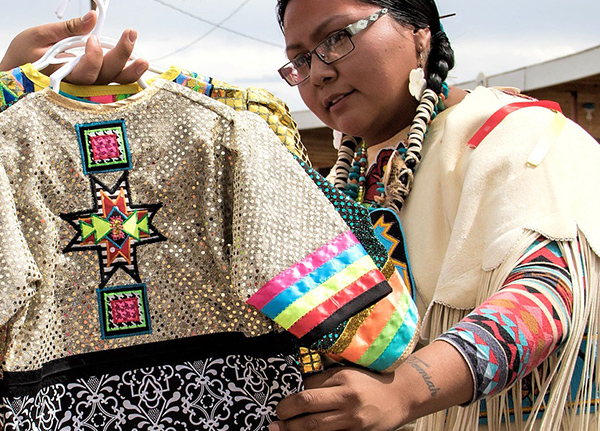
Chapter 5: The Marketing Plan
The Marketing Plan chapter highlights the many ways you can do research about your business. It also describes different ways to reach customers.
Chapter 6: The Operations Plan
The Operations Plan chapter covers legal requirements for getting started, and how your business will be managed and operated.
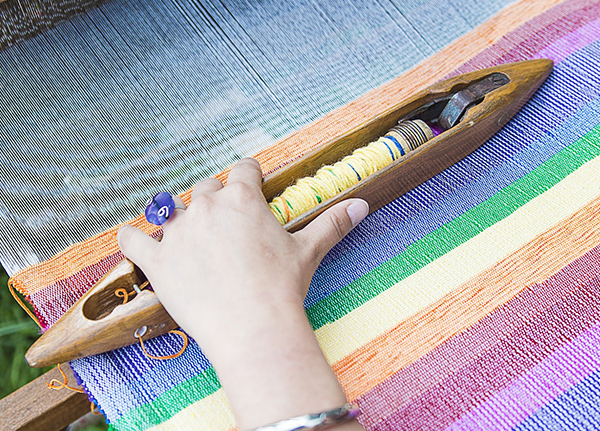

Chapter 7: The Financial Plan
The Financial Plan chapter helps you predict costs and revenues during business start-up and beyond.
Chapter 8: Self-Employment through Subsistence Activities
The Self-Employment though Subsistence Activities chapter provides information about another form of self-employment that fits with traditional cultural practices, particularly in rural Alaska.

Use the "Return to Tabs" button below to jump to the tab navigation bar.
Then continue by selecting the next tab in the list.
Self-Employment and TVR
Self-employment is NOT a vocational goal. It is a way to reach a vocational goal.
For example, your vocational goal may be to become a chef. To reach this goal, your strategy might be to work for someone else’s business, such as a restaurant. Or, you could start your own business, such as a catering service or food truck.
When working with TVR, you first decide on a vocational goal. Then you and your TVR counselor will talk about different strategies to reach this goal, which might include self-employment.
Starting a business requires a lot of work, time, and planning. By going through the material in this toolkit, you will learn more about what it takes to start your own business. At any point, you may decide that self-employment is not a good choice for you (or not a good choice for you right now). It is okay to change your course. Different people use different strategies to achieve their goals, and self-employment isn’t the right strategy for everyone.
TVR Self-Employment Process
Each TVR agency will have a slightly different process for supporting self-employment. Most agencies will include the following activities, but not necessarily in this order. Talk to your TVR counselor about the specific steps for your agency.

Explore Self-Employment
To get started, tell your counselor you are interested in self-employment. Explore the pros and cons of self-employment with your counselor. During this step, your counselor can give you information about the TVR agency’s self-employment policies and procedures.
Assess Your Readiness
Assess your readiness for self-employment and the feasibility of your business idea.
- Do you have the skills and dedication it takes to open your own business?
- How do-able is your business idea? Is it actually feasible?
- Do you have a realistic picture of what it means to own your own business?
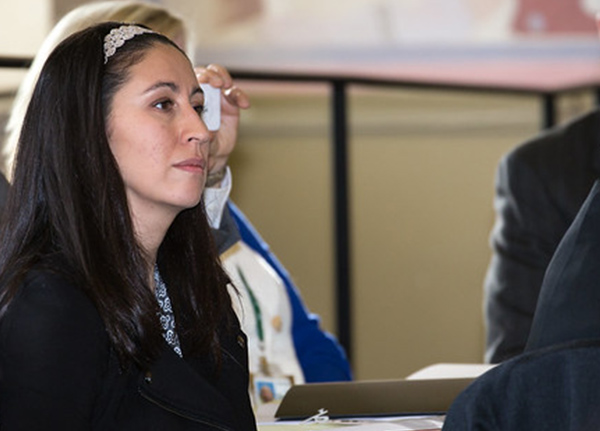

Develop an Individual Plan of Employment (IPE)
Work with your counselor to outline steps towards reaching your vocational goal. At this point in the process, the IPE is focused on your vocation or profession, not self-employment.
Prepare for Self-Employment
Figure out the resources you need to prepare for self-employment. This could include training, education, or other activities.
- What additional skills do you need to run your business? These might include things like bookkeeping or computer skills.
- If you are new to self-employment, could you meet with a business owner who makes a similar product or service to learn how they run their business?
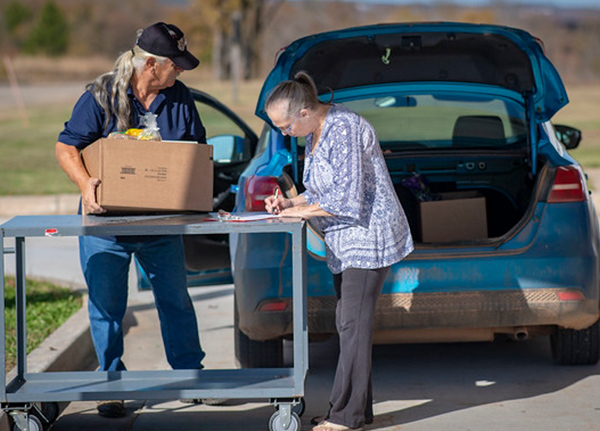
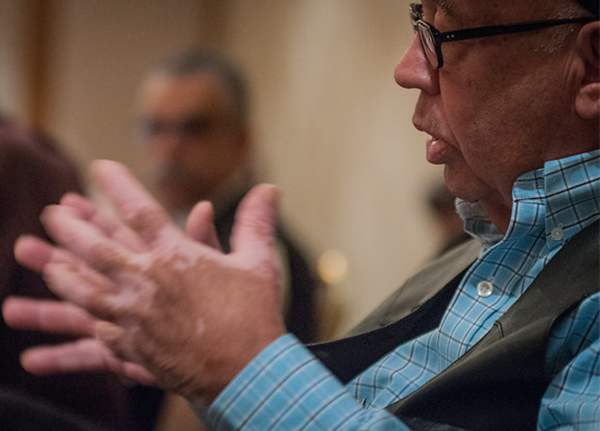
Assess Your Continued Interest
After preparing for your vocation and building skills to run your own business, are you still interested in self-employment?
- If not, explore other options with your counselor, such as paid employment.
Write Your Business Plan
Work with your counselor and other business mentors to develop your complete business plan.
- Review chapters in this toolkit to work through the business planning process.
- Work with business development resources in your community.
- Remember to start small.

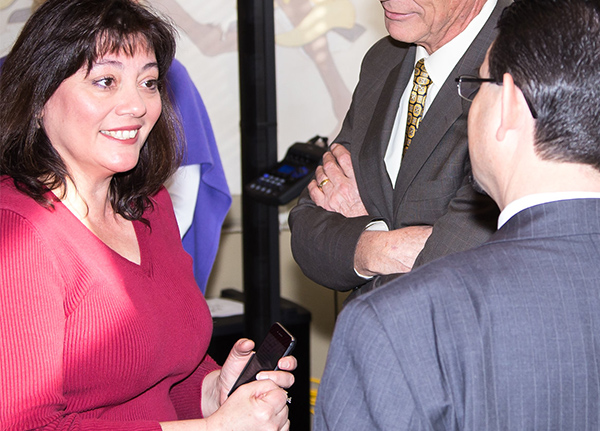
TVR Review
Once you have completed your business plan, the TVR agency will review it.
If the agency supports your self-employment proposal, your counselor will change your IPE to include information about how much funding TVR will give you for your business, and how that funding can be used.
Secure Funding
If needed, secure more funding for business start-up.
- Identify funding options, such as family, friends, banks, or microloan programs to help cover initial business costs.
- If funds are not available, talk with your TVR counselor about revising your business goals or think about other employment options.
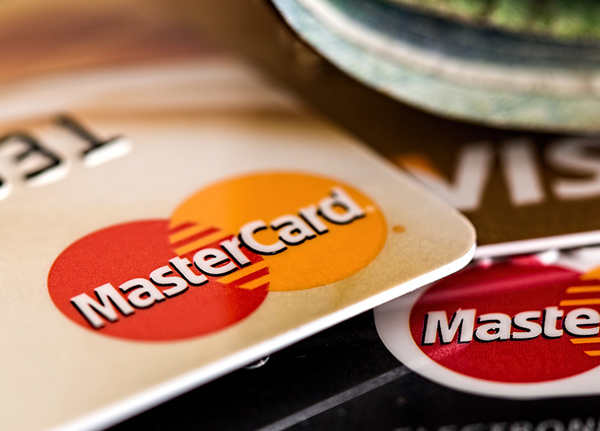

Develop Supports
Develop a support system for operating your business.
- Work with your counselor to find a mentor or expert to help you with questions or issues as they come up.
- Identify personal supports, such as friends or family, who are willing to help as you get your business started.
Go over benchmarks that TVR will use to follow and close your case.
Run Business and Close TVR Case
Once your business is up and running, you and your counselor will develop benchmarks for closing your self-employment case with the TVR program. These benchmarks usually include making a certain amount of profit, or selling a certain amount. Once your business reaches these benchmarks, your counselor will continue following your case for a specific period of time (usually 90 days) to be sure the business is stable before closing your case with the TVR program.


TVR Self-Employment Policy
TVR Limits
TVR programs often limit the amount of funding they provide for starting a business, as well as the types of costs they support.
Types of business costs that may not be supported or covered with TVR funds include:
- Purchase of property (such as land and buildings)
- Labor costs
- Interest payments on loans
Every TVR agency has their own self-employment policies and procedures. Check with your counselor about the specifics for your TVR program.
Click on the "Section Review" button below for a short review of the content in this tab.
Use the "Return to Tabs" button below to jump to the tab navigation bar.
Then continue by selecting the next tab in the list.
Consumer and Counselor Roles
Your TVR counselor will guide you through the self-employment process. However, you and your counselor each have some specific roles.
Consumer Roles
As you work to become self-employed, you will be expected to complete readiness, business start-up, and business operations activities. Your TVR counselor will help you with these activities, but you will need to do most of the work yourself.
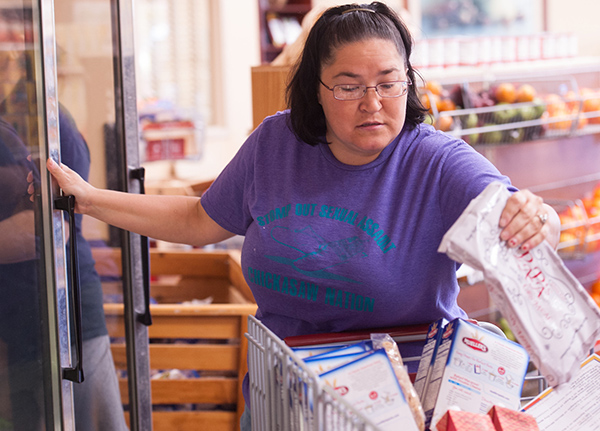
Readiness
Consumer readiness activities include:
- Exploring self-employment and other employment options with your counselor
- Completing self-assessments about your readiness to become self-employed
- Developing your business idea
- Evaluating the feasibility of your proposed business
Business Start-up
Consumer business start-up activities include:
- Making connections with people who will help you develop your business
- Developing a business plan
- Getting necessary permissions, permits, licenses, and insurances
- Securing business start-up funds
- Locating suppliers
- Developing a customer base

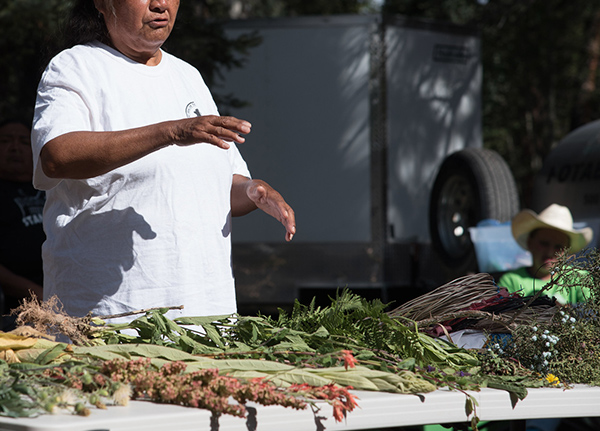
Business Operations
Consumer business operations activities include:
- Opening the business
- Running the business
- Providing information to TVR about your progress until your case is closed
Counselor Roles
Counselors guide consumers through the self-employment process. They connect consumers with additional resources for training, technical assistance, and financial assistance for business start-up. They provide preparation, start-up, and follow-along support.
Preparation
Counselor preparation support includes:
- Describing the agency’s self-employment process, including TVR and consumer roles
- Helping the consumer assess readiness for self-employment
- Helping identify any training needs or supports
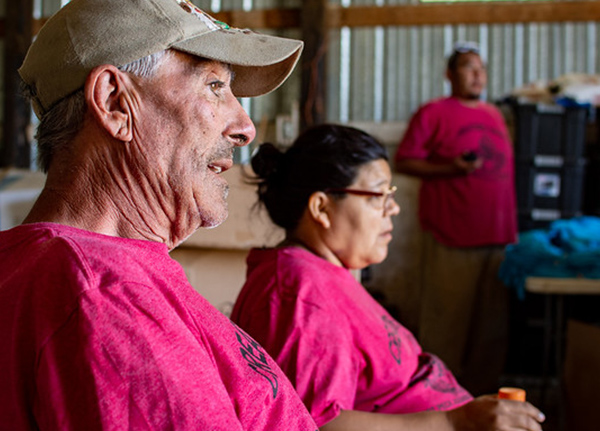
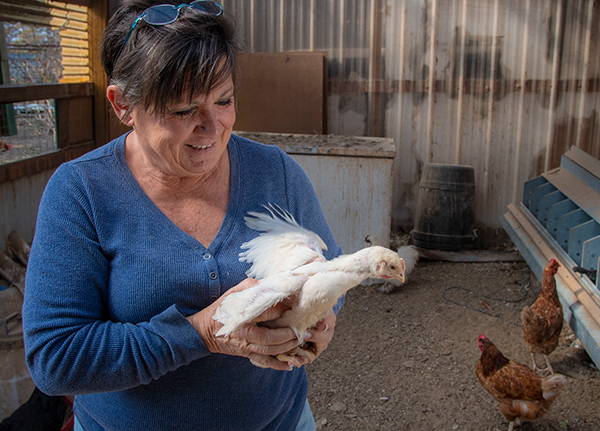
Business Start-up
Counselor business start-up support includes:
- Supporting the consumer as they develop the business plan
- Providing resources and helping the consumer make connections with people in the community who can help with business development
- Obtaining necessary Release of Information forms so the counselor can share information about the consumer with business consultants
- Reviewing the final business plan and determining TVR’s contribution
- Amending the Individualized Plan for Employment (IPE)
- Determining what criteria the business needs to achieve, such as profit targets, before TVR closes the case
Follow-Along
Counselor follow-along support includes:
- Tracking business progress to determine if additional supports are needed
- Assessing monthly profit levels to determine a starting point for the 90 day closure process.

Use the "Return to Tabs" button below to jump to the tab navigation bar.
Then continue by selecting the next tab in the list.
Chapter Review
Self-employment is one option for reaching your vocational goal. This toolkit is meant to help you explore your readiness for self-employment and provides you with resources to work through the process. This introductory chapter covered:
- How the self-employment process may unfold in TVR
- Consumer and counselor roles
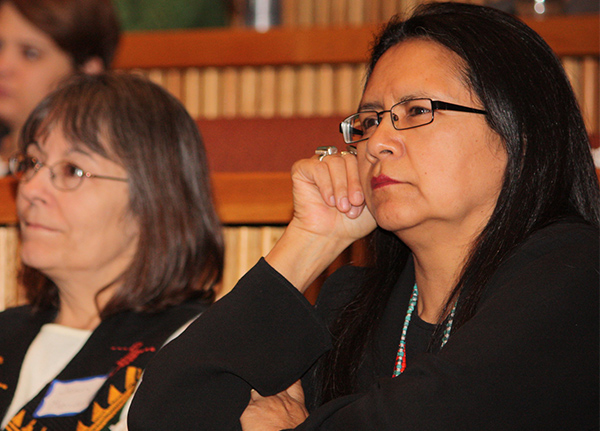
Prepare
Write down answers to the following questions. You can use your responses as a starting point for talking with your counselor about your business idea.
- What is your vocational goal?
- What are the different ways you could achieve this vocational goal, in addition to self-employment (such as working for a business in your town)?
- What skills, training, or education might you need to start your own business?
Counselor Review
Self-employment is an important employment option for people with disabilities, especially in places with fewer paid job options. This online toolkit is designed to help counselors understand the self-employment process so they are prepared to guide and mentor consumers.
Ready to get started? Go to Chapter 2: Self-Employment Readiness to consider if self-employment is a good fit.
